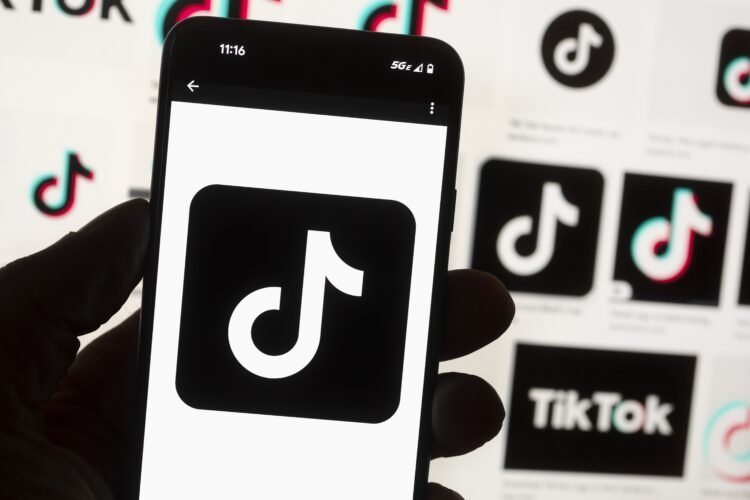An internal investigation by TikTok has revealed alarming trends involving minors as young as 15 engaging in inappropriate behavior during live streams. This investigation, initiated by a Forbes report, uncovered that a significant number of underage users were receiving digital “gifts” or “coins”—which can be converted into real currency—in exchange for stripping on camera.
Confidential documents, recently reviewed by NPR and Kentucky Public Radio, detail these unsettling findings and suggest a troubling lack of concern from TikTok executives about the potential dangers their app poses to teenagers. The platform’s digital currency system, represented by virtual items like plush toys or flowers, has been exploited to facilitate these inappropriate exchanges, with adults identified as the primary source of these payments.
In response to these revelations, a lawsuit was filed against TikTok on Tuesday by 14 attorneys general, marking the beginning of a comprehensive two-year investigation into the social media platform. This probe has already brought several startling issues to light.
Addictive Nature and Algorithmic Bias
The investigation found that TikTok’s algorithm is designed to hook users quickly, with state investigators noting that an average user could become addicted to the platform in less than 35 minutes. This is due to the brevity of TikTok videos, many of which are only seconds long.
Additionally, the app reportedly altered its algorithm to prioritize content featuring users it deemed attractive while reducing the visibility of those considered less appealing. This practice, aimed at promoting a narrow beauty norm, has raised concerns about its impact on younger users.
Parental Controls and Intrusiveness
TikTok introduced parental controls to allow parents to set time limits on their children’s app usage. However, internal documents suggest that these controls were primarily implemented to gain public trust rather than reduce time spent on the app. One employee noted that the goal was to improve public perception through media coverage.
The documents also reveal TikTok’s awareness of its platform’s disruptive impact on users’ daily lives. The app’s engaging content has been acknowledged to interfere with essential personal responsibilities, such as sleep, work, school obligations, and maintaining family and social connections.
TikTok’s Response
In response to the recent reporting, TikTok representative Alex Haurek criticized NPR for publishing information currently under court seal. Haurek accused NPR of presenting a skewed narrative by “cherry-picking misleading quotes and taking outdated documents out of context,” which he claims misrepresents TikTok’s commitment to user safety.
As the investigation continues, these revelations have sparked widespread concern and calls for greater accountability and transparency from TikTok regarding its practices and the safety of its user community.












